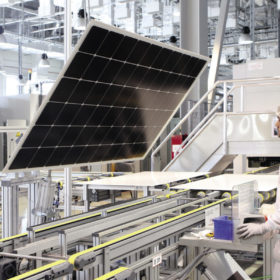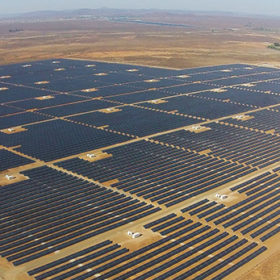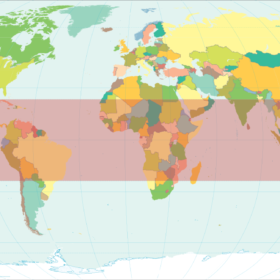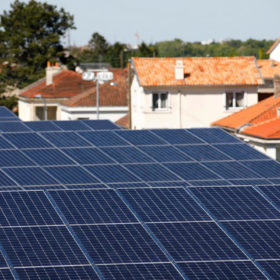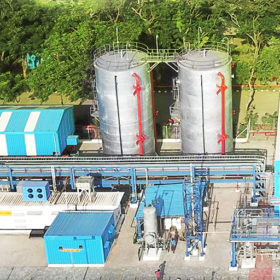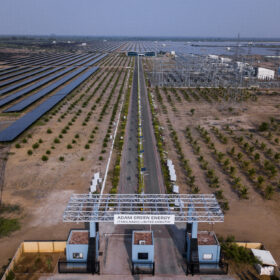NHDC seeks supplier for up to 350 MW of solar modules
The state-run hydropower company is targeting 340-350 MW of generation capacity in the 1.5 GW tender being held by SECI and state utility Madhya Pradesh Urja Vikash Nigam Limited. NHDC has opened a global tender to seek a panel supplier.
The long read: In the long run
PV module makers are under growing pressure to increase the power output and longevity of their products, which leads in some cases to rapid changes in the technologies and materials they utilize. pv magazine recently sat down to speak with Kaushik Roy Choudhury and Mark Ma of DuPont Photovoltaic Solutions about the changing landscape for quality in solar PV materials.
Sterling and Wilson to build solar+storage hybrid power plant in Niger
The latest project is another African opportunity for the India-based EPC player after successfully commissioning Nigeria’s first solar-plus-storage hybrid power plant, which is also Africa’s largest battery energy storage system.
Hydrogen needs strong public-private support with policies in place
India is in mission mode on researching different aspects of the hydrogen economy, including hydrogen production, storage and utilization for stationary, power generation and transport applications. The need is to demonstrate the scaled versions at a faster rate.
India re-elected as President of the International Solar Alliance
Launched in November 2015, the alliance aims to collectively address key challenges to the scaling up of solar energy in member countries that fall between Tropic of Cancer and Tropic of Capricorn. The Alliance is now supported by 68 member countries, and a further 20 countries are in the process of becoming members.
Adani Green, Total joint venture expands operating solar portfolio by 205 MW
With the latest acquisition, the total operating renewable portfolio of the joint venture between Adani Green Energy and the French oil and gas major has reached 2,353 MW.
BHEL tenders for 32 MW of crystalline solar modules
Bids are invited from Indian manufacturers to supply 32,102 kW of modules for the state-run engineering major’s Chad project in Africa. Bidding closes on October 26.
Three Indian firms among Top 11 solar EPC contractors outside China in 2019
Although the Wiki-Solar website ranking only provides a snapshot of PV project engineering, procurement and construction contracts outside of China, it is nevertheless a useful indicator of the changing global solar market landscape. Swinerton was the largest solar EPC contractor outside China in 2019. Of the top 11 companies, three are based in India, three in the United States, another three in Spain and two in the United States.
Proposals invited to install EV charging stations on major highways and expressways
The second phase of the Faster Adoption and Manufacturing of (Hybrid) and Electric Vehicles (FAME II) program offers incentives to deploy electric vehicle (EV) charging infrastructure.
Total and Google Cloud develop tool to predict rooftop PV potential
The Solar Mapper uses artificial intelligence algorithms that compile data extracted from satellite images. It can estimate site solar potential and indicate the most suitable technology.
